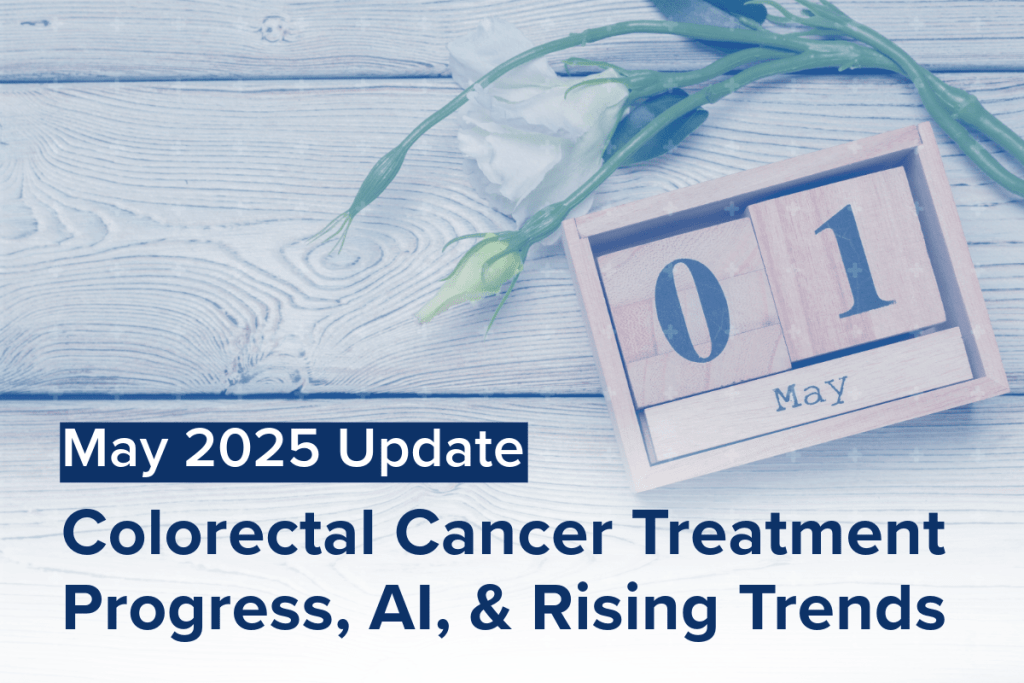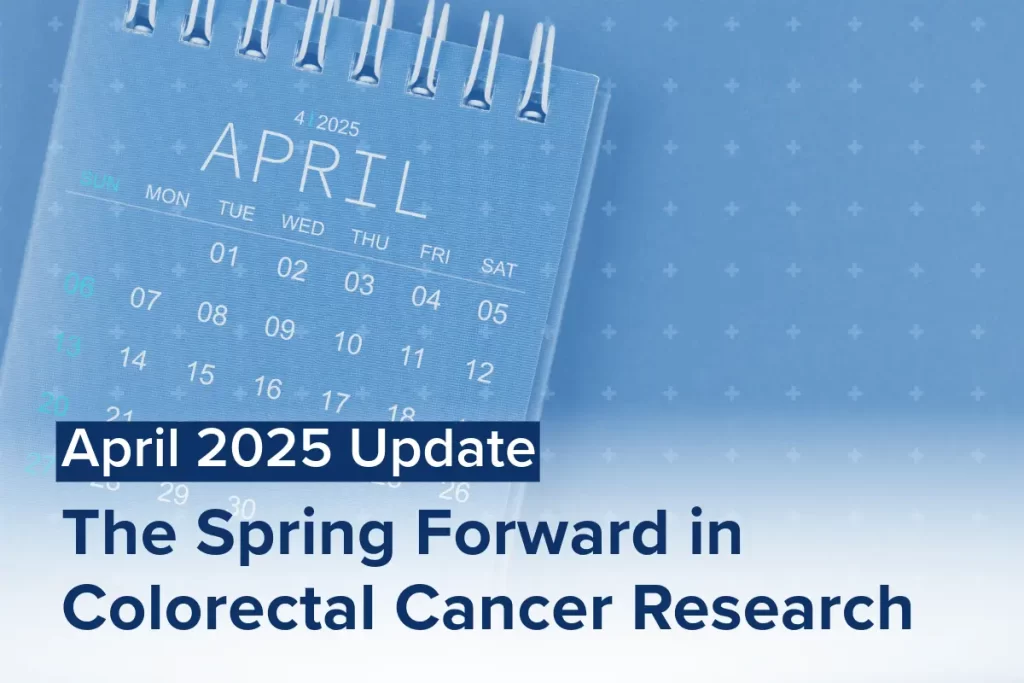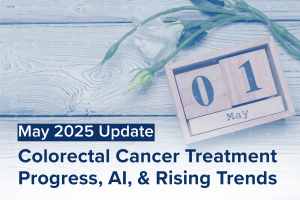According to recent colon cancer screening research from Stanford, regular screenings have significantly reduced the incidence of colorectal cancer in adults. Age plays a key role in determining when to begin regular colonoscopies, as the risk of colorectal cancer generally increases over time.
This article will cover age-based guidelines for colonoscopies so you can make informed decisions about preventive health care.
Table of Contents
- Is 40 Too Early For a Colonoscopy?
- Overview of Colorectal Cancer Screening
- Types of Screening Tests
- Colonoscopy for Adults Ages 45-54: Colorectal Cancer Screening
- Colonoscopy for Adults Ages 55-75
- Colonoscopy for Adults Over 75: Increased Risk
- Affordable Care with ColonoscopyAssist
- Final Thoughts
Is 40 Too Early For a Colonoscopy?
For most adults, colonoscopy screenings aren’t recommended before age 45. However, there are specific cases where younger adults may need to consider early screening. If you have a family history of colorectal cancer or conditions such as inflammatory bowel disease (IBD) or Lynch syndrome, which increase the risk of colorectal cancer, your doctor may recommend starting colonoscopy screenings earlier.
Lynch syndrome is a type of genetic syndrome that significantly increases the risk for colorectal cancer, making regular screenings even more important. In these cases, colonoscopy becomes an essential preventive health measure, as advised by the preventive services task force.
Young adults under 45 should know that an ancestral medical record of colon cancer increases their risk. According to experts, a close relative with colorectal cancer can double your risk, which is why early screening might be crucial.
If you fall into this high-risk group, talk to your doctor about whether an early screening colonoscopy is right for you. Your doctor can assess your personal and family medical history to determine if early screening will provide you with the best protection.
Overview of Colorectal Cancer Screening
Colorectal cancer is a type of cancer that affects the colon or rectum, and understanding your risk for colorectal cancer is crucial for early detection. Precancerous polyps are abnormal growths in the colon or rectum that can develop into cancer over time.
Through screening, doctors can identify and remove precancerous polyps before they have a chance to progress into cancer.
Regular screening also ensures that if colorectal cancer does develop, it can be caught in its earliest stages, significantly improving treatment outcomes and patient well-being.
Types of Colon Cancer Screening Tests
There are several types of screening tests available for colorectal cancer, including stool-based tests, visual exams, and other tests. Stool-based tests, such as the fecal immunochemical test (FIT), detect blood in the stool, which can be a sign of cancer. Visual exams, such as colonoscopy, sigmoidoscopy, and CT colonography (virtual colonoscopy), use a thin, flexible, lighted tube to check for polyps or cancer inside the rectum and colon, following guidelines from the US Preventive Services Task Force.
Other tests, such as the stool DNA test, detect abnormal DNA in the stool. The choice of screening test depends on individual factors, such as age, health status, and genetic background.
Colonoscopy for Adults Ages 45-54: Colorectal Cancer Screening
Per The American Cancer Society, most adults should begin screening for colorectal cancer at age 45. This is due to rising colorectal cancer rates among younger adults.
Beginning screenings at this age can help detect issues early, even if there are no symptoms. Routine colonoscopies at 45 give doctors the chance to remove polyps or detect any early signs of cancer, which can make treatment options easier and more effective.
If you’re concerned about the cost of the procedure, consider reading Insurance and Colonoscopy: Understanding Your Coverage for more information on insurance coverage and out-of-pocket costs.
Colonoscopy for Adults Ages 55-75
For adults between the ages of 55 and 75, regular colorectal screenings remain essential. If you’re at average risk, doctors typically recommend getting a colonoscopy every 10 years. However, if you’re at higher risk due hereditary or other health factors, you may need screenings more often. Individuals at increased risk should consult their doctor about the appropriate timing and frequency of screenings.
As age increases, so does the likelihood of developing polyps or other intestinal issues, making it important to stay on schedule with screenings.
Continuing colonoscopies in this age range provides benefits beyond cancer prevention. Regular screenings can help detect other digestive health issues by utilizing colorectal cancer screening tests, like IBD or inflammation in the intestines, which may not cause immediate symptoms but could lead to complications if left untreated.
Colonoscopy for Adults Over 75: Increased Risk
After age 75, the decision to continue regular colonoscopy screenings becomes more individualized. For many adults in this age group, overall health and life expectancy play significant roles in determining whether to keep up with routine screenings.
If you’re generally healthy and have a longer life expectancy, your doctor might still recommend colonoscopies as part of a comprehensive screening strategy. However, for others, the risks and benefits of the procedure may need to be weighed carefully.
Doctors make recommendations on a case-by-case basis, looking at factors like past screening results and personal risk factors. It is also important to consider a patient’s personal or genetic history when making decisions about continuing screenings, particularly in relation to their cancer risk.
If you’re 75 or older and unsure about continuing with colonoscopies, discuss it with your doctor to make an informed choice. For more information on what to expect after a colonoscopy, see Common Questions to Ask After a Colonoscopy for insights and post-procedure tips, especially if you’re in an older age group.
Affordable Care with ColonoscopyAssist
For individuals across all age groups who need a colonoscopy but face high costs or insurance limitations, ColonoscopyAssist offers a valuable solution for addressing cancer risk through early detection. With affordable pricing and a network of accredited facilities, we make it easier to access quality care, so you can stay proactive about your colon health.
Final Thoughts
Colonoscopies are a vital part of preventive health care that can protect you from serious health issues at every age. From detecting early signs of cancer to helping manage health in later years, colonoscopies serve unique needs at each stage of life.
If you’re due for a screening or have specific risk factors, consider talking with your doctor about the best timeline for your health.


















